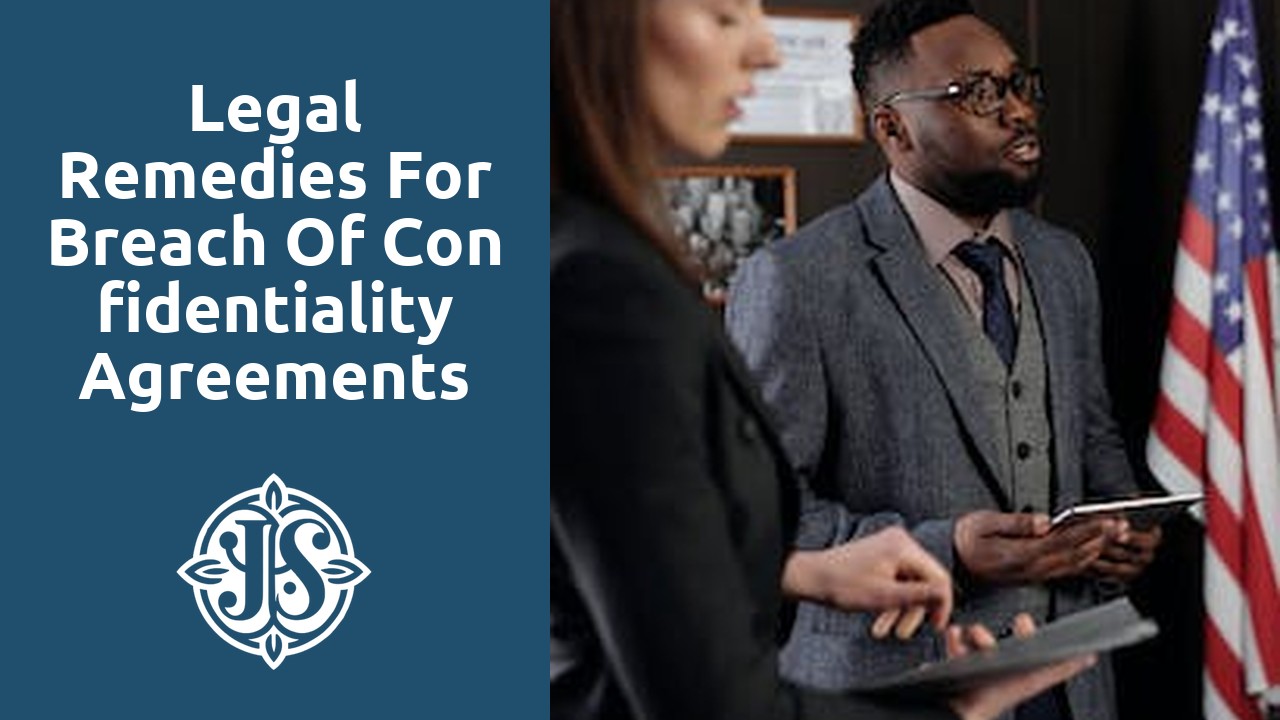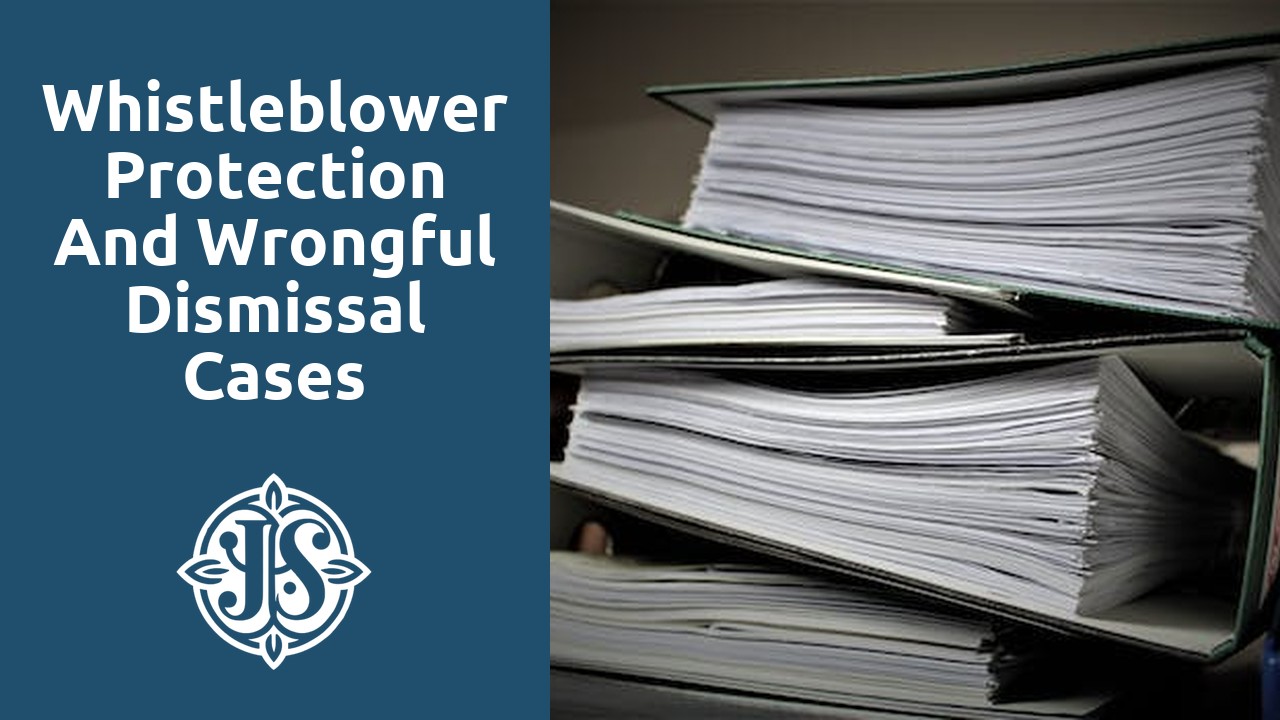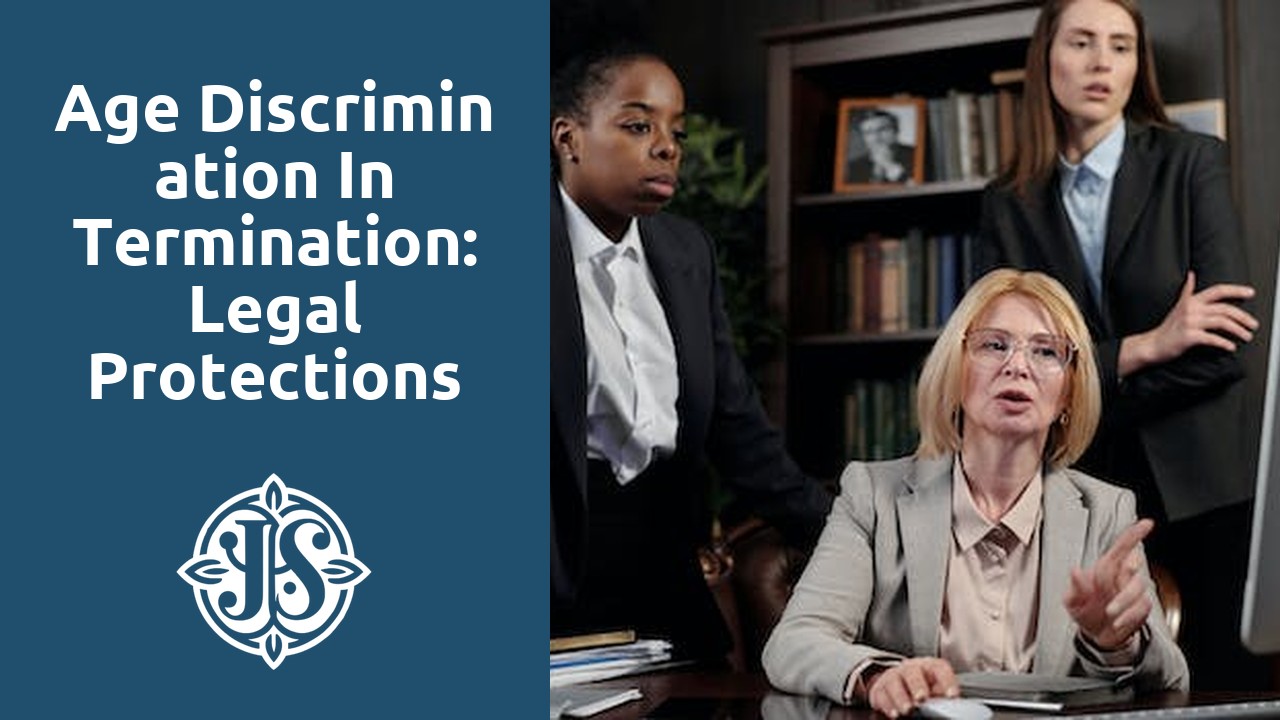Contents
- 1 Holding Individuals Accountable for Disclosing Sensitive Information
- 2 Protecting Trade Secrets: Taking Action Against Unauthorized Disclosures
- 3 Exploring the Consequences of Breaching Confidentiality Agreements
- 4 Securing Compensation for Damages Caused by Breach of Confidentiality
- 5 Enforcing NonDisclosure Agreements: Legal Avenues to Consider
- 6 Seeking Injunctive Relief to Prevent Further Disclosure of Confidential Information
Table Of Contents
Holding Individuals Accountable for Disclosing Sensitive Information
Holding individuals accountable for disclosing sensitive information is crucial in order to maintain trust and protect the interests of businesses and individuals. When a person breaches a confidentiality agreement by revealing confidential information without authorization, they need to be held responsible for their actions.
One legal remedy that can be pursued is to file a lawsuit for damages caused by the breach. In such cases, the party whose information was wrongfully disclosed can seek compensation for any harm or losses suffered as a result. This can include financial damages, reputation damage, and other measurable losses. Courts can award monetary compensation to the aggrieved party, sending a clear message that breaches of confidentiality will not be tolerated. Additionally, the risk of facing legal consequences can act as a deterrent for individuals tempted to disclose confidential information in the future.
Trade secrets are valuable assets for businesses, often representing years of research, development, and financial investment. When these confidential trade secrets are disclosed without proper authorization, the consequences can be severe. In such cases, it is essential for businesses to take immediate action to protect their trade secrets and hold individuals accountable for their unauthorized disclosures.
One of the primary steps businesses can take to address unauthorized disclosures of trade secrets is to conduct a thorough internal investigation. This investigation should aim to identify the source of the disclosure and gather evidence to support a legal case. It may involve reviewing company policies, conducting interviews with employees, and reviewing electronic records. By uncovering the source of the unauthorized disclosure, businesses can strengthen their case and increase their chances of success when seeking legal remedies.
Exploring the Consequences of Breaching Confidentiality Agreements
Exploring the Consequences of Breaching Confidentiality Agreements
Breach of a confidentiality agreement can have severe consequences for both individuals and businesses involved. When confidential information is disclosed without authorization, the party responsible may face legal action, financial penalties, damage to reputation, and loss of business opportunities.
One of the immediate consequences of breaching a confidentiality agreement is the risk of legal litigation. The party whose information has been disclosed can file a lawsuit seeking damages for the breach. If the court determines that the confidentiality agreement was violated, it can order compensation to cover any financial losses suffered as a result. Additionally, depending on the jurisdiction and the nature of the breach, the court may also award punitive damages as a way to deter future breaches and punish the wrongdoer.
Securing Compensation for Damages Caused by Breach of Confidentiality
One of the legal remedies available for breach of confidentiality agreements is securing compensation for damages caused by the unauthorized disclosure of sensitive information. When a party breaches a confidentiality agreement and discloses confidential information without proper authorization, the injured party may be entitled to seek compensation for the harm caused. This can include financial losses, lost business opportunities, reputational damage, and other damages directly resulting from the breach.
To secure compensation for damages, the injured party has the burden of proving the nature and extent of the harm caused by the breach. This may involve demonstrating the value of the confidential information, quantifying the financial impact of the disclosure, and presenting evidence of any resulting losses. It is essential to gather and preserve evidence that clearly establishes the link between the breach and the damages suffered. Engaging the services of experienced legal counsel can be instrumental in building a strong case and maximizing the chances of securing fair compensation for the breach of confidentiality.
Enforcing NonDisclosure Agreements: Legal Avenues to Consider
Enforcing Non-Disclosure Agreements: Legal Avenues to Consider
When it comes to enforcing non-disclosure agreements (NDAs), there are several legal avenues that individuals and businesses can pursue to protect their confidential information. One option is to seek a court injunction, which can prohibit the party who breached the NDA from further disclosing the confidential information. This is particularly useful when the disclosed information is of significant value and there is a genuine concern that further disclosure could cause irreparable harm.
In addition to seeking injunctive relief, individuals and businesses may also pursue legal action to secure monetary damages for the breach of a non-disclosure agreement. By filing a lawsuit, the injured party can present evidence of the breach and demonstrate the resulting harm or losses suffered. In some cases, the court may award compensatory damages to restore the injured party to the position they would have been in if the breach had not occurred. This could include reimbursement for any financial or reputational damage caused by the disclosure of confidential information.
Seeking Injunctive Relief to Prevent Further Disclosure of Confidential Information
In cases where a breach of confidentiality agreement has occurred, seeking injunctive relief to prevent further disclosure of confidential information is a critical legal avenue to consider. An injunction is a court order that prohibits a party from engaging in certain actions, in this case, the disclosure of sensitive and confidential information. By obtaining an injunction, the party seeking relief can prevent any further damage or harm that may result from the continued disclosure of the confidential information.
To successfully obtain an injunction, the party must demonstrate to the court that irreparable harm will occur if the disclosure continues. This can be proven by showing that the information being disclosed is of a highly sensitive nature, such as trade secrets or proprietary information, and that disclosing it could result in significant financial or reputational damage. Additionally, the party must show that there is a likelihood of success on the merits of the case and that the balance of harms weighs in favor of issuing the injunction.
Once the injunction is granted, it is crucial for the party seeking relief to actively monitor and enforce the court’s order. This may involve regularly monitoring the activities of the party who breached the confidentiality agreement to ensure compliance with the injunction. Failure to comply with an injunction can result in serious consequences, including sanctions, fines, or even imprisonment. Therefore, it is essential to work closely with legal counsel to navigate the process of seeking injunctive relief and to ensure that all necessary steps are taken to protect the confidential information.
Related Links
Contract Termination: Rights, Obligations, and Legal Implications
Intellectual Property Rights in Contractual Disputes




